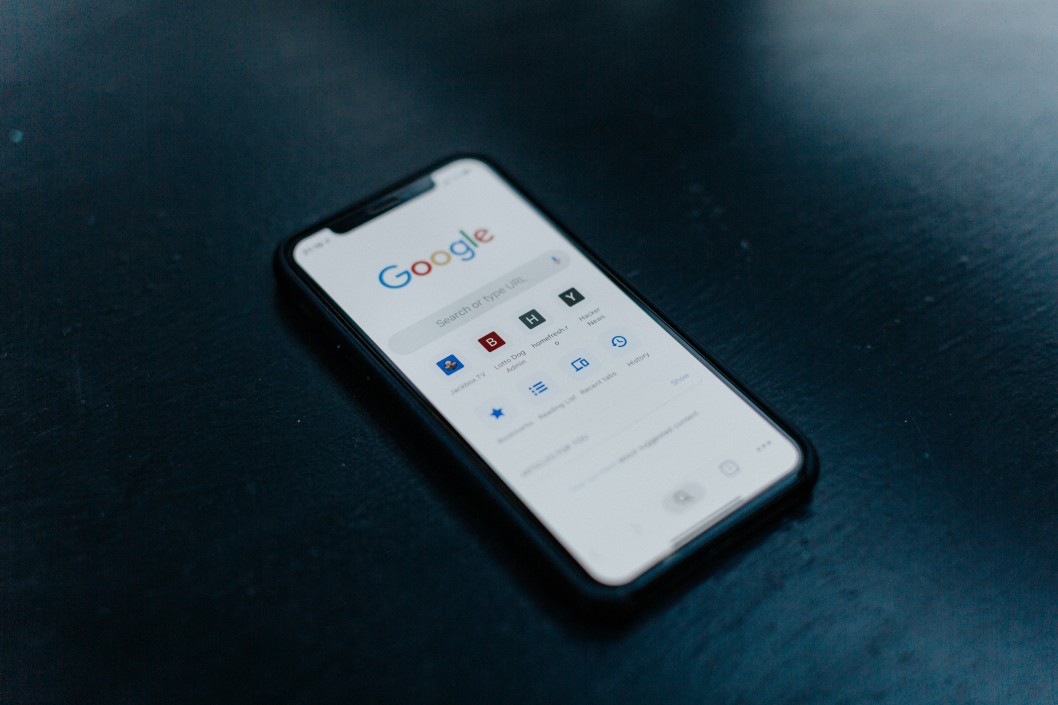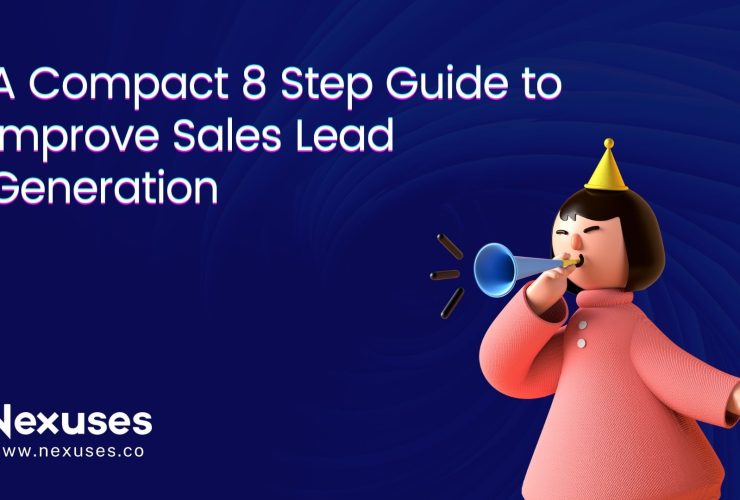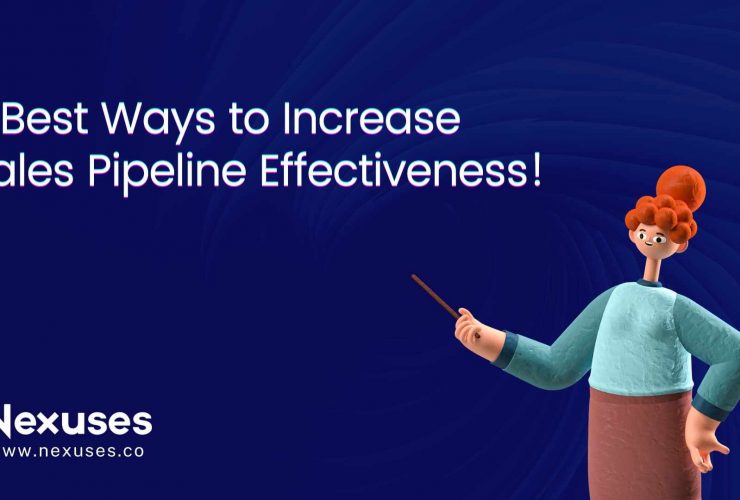
On-page SEO is the basis for ranking in top SERP results.
That’s why today I’m going to dictate you my personal step-by-step on-page SEO checklist.
But first:
The question is What is on-page SEO?
On-page SEO is a process to optimize your webpage to rank better on SERP. This is not to be confused with on-site SEO, as it is the process of optimizing the whole website. On-page SEO involves the process of Optimising a page in a better way so as to make it easy for search engine bots to understand your website content in a better way.
On-page SEO vs off-page SEO
Off-page SEO is nothing but another way of saying link building. It is a process of getting backlinks to your site so as to increase the authority of your whole website. It’s possible to rank without many backlinks, but in most cases, you’ll need them.
Why on-page SEO is important?
Most of the people with basic SEO knowledge relate on-page SEO with just placing keywords on the page. There’s no denying that keywords are crucial for on-page optimization but there is much more than that.
Here I have listed some of the most important on-page checklist that one needs to follow so as to rank better on google:
1.optimise Title tag.
Assuming you have already done your keyword research, It is one of the most important factors.
Title tag tells the search engines what the page is all about and that the page on your website is relevant for that keyword or keyword phrase. Keep in mind that the title tag should be unique for each page
In search engine results, search engines will highlight your keyword phrases if a user has searched for those terms. This will increase visibility and CTR.
Best practices:
1.Your title tags should be written like this: Your primary keyword- your secondary keyword | your brand name.
2. Use – between your primary keywords and secondary keywords and pipeline before your brand name.
3. You should always avoid using duplicate title tags.
4. Try to keep your title tag 55 or under 55 characters including space.
2.Meta description:
Meta descriptions are not much important for SERP rankings but are extremely important for increasing CTR( click-through rate). You should use your keywords in meta description wisely, but more importantly, they should include a compelling description on which a user would want to click on.
Best practices:
- Recommended length of meta description is 150-160 characters
- Do not use quotes or any non-alpha characters( google will cut them out).
- Write a unique meta description of each and every page.
3. Content with targeted keyword phrase.
You might have come across this famous quote “ Google loves content”. So, It is extremely important that your content should be relevant and unique. If you have multiple pages with the same content (or if you copy content for others website), you might get penalized by Google and your search rankings will suffer.
Best practices:
- Always create unique and extremely relevant content for the keyword phrases you want to rank.
- Use your keyword wisely in the content and do not overuse them.
- Try to use your keyword phrase once in the first paragraph.
4.Header tag and keywords.
Header tag also known as H1 tag, is much likely the subject line for your content. You should use your keyword phrases in your H1 once. You can also use h2,h3,h4 if there are multiple sections.
Best practises:
- use once your keyword phrase in H1 tag.
- Use H2,H3 etc. if there are multiple sections.
- Always follow the right heading structure.
5.Image alt tag:
An alt tag is extremely important as it describes the image. All images on a webpage must contain alt tags. It not only helps the search engine to read the image but also If someone is using a screen reader, they will be able to hear what that image is.
Best practices:
- Name all the images on a webpage that describes them the best.
- If possible, try to add your keyword phrase in the alt tag.
- Do not use non-alpha characters as alt tags( %, &, $, etc…)
6.Meta keywords.
Meta keywords used to be popular in back days, but are not considered as an important ranking factor for Google. So, go ahead and skip them.
7. Make content easy to read.
This is not a huge ranking factor but will help the user to understand the whole content in a better way. Try bolding and using bullet points to set apart words in the text. This also helps the search engines to understand what is important on the page.
Best practices:
- Try to make paragraphs roughly 3 sentences long, as long paragraphs will lose user attention.
- Try using bullet points and bolding the important keyword phrase.
- Do not overuse bolding and bullet points.
Need more help from us?
We are one of the top leading SEO agency in India and globally. Our experts have years of experience in delivering effective SEO services that help our clients grow their digital presence globally, and much more. Connect with us for more information.






